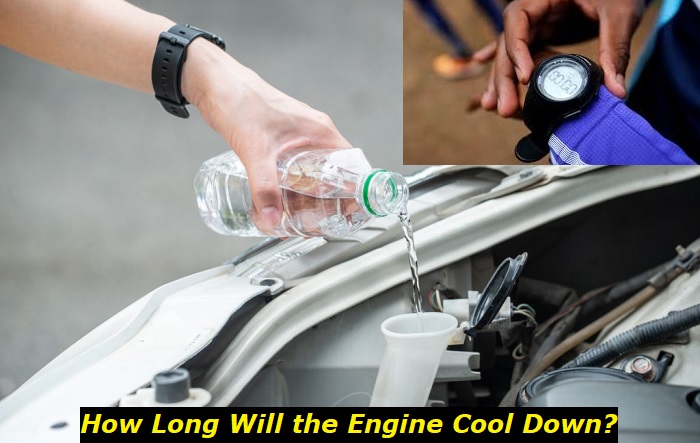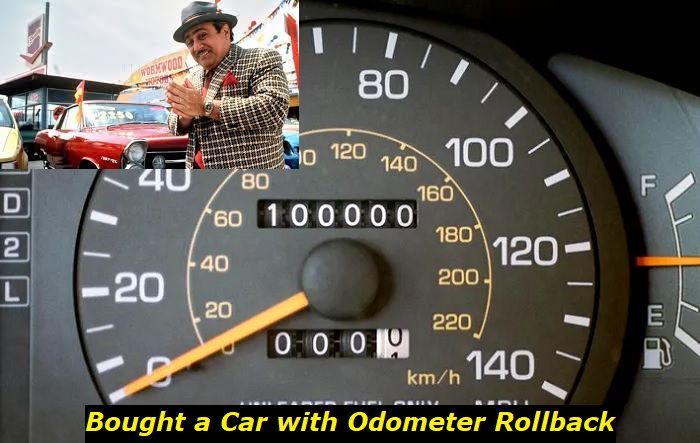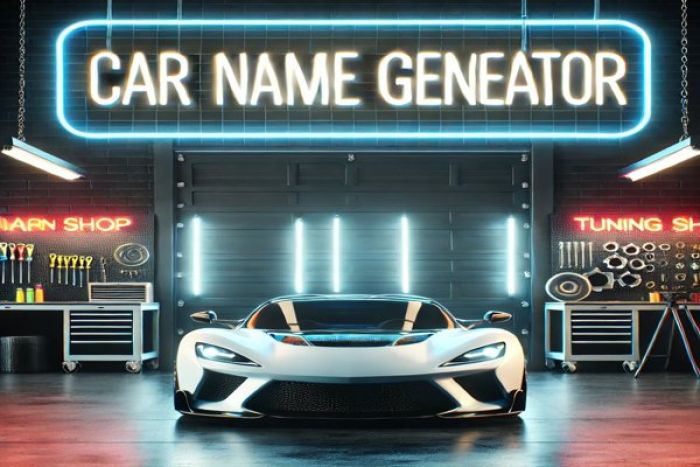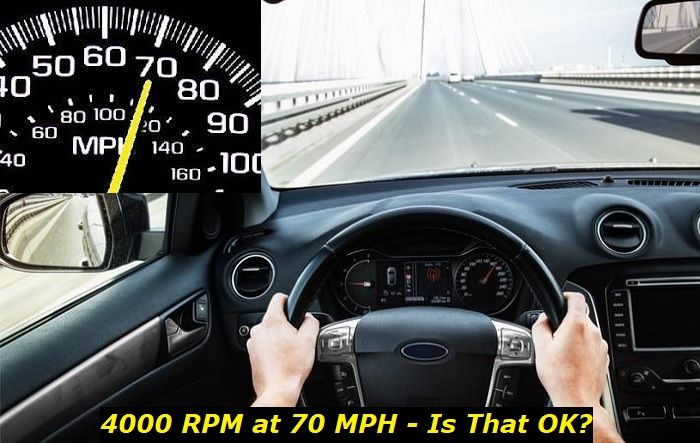While there may be various factors that determine how long it may take for an engine to cool down, the average time is 15-30 minutes. This applies only under normal circumstances.
Cooling system problems highlights
- Level of urgency: high
- Common reasons: bad antifreeze, broken cooling equipment, leaks
- DIY diagnostics: very complicated
- DIY repair: impossible
- Price of repair: $250 - $650
- Time for repair: 3 - 8 hours
- If ignored: engine overheating and failure

Factors Affecting Cool-Down Period for an Engine
Before you access the engine so as to access the cause and damage due to it overheating, you need to allow it to cool first. This is because doing it any sooner may lead to serious injuries or you may be causing further damage to the engine.
The following are some of the factors that affect the cool-down period for an engine:
- Weather
After you switch off an engine to let it cool, the rate at which the heat in the engine will reduce will be proportional to the surrounding temperature. If you have a heated engine on a hot day, the cooling will take relatively longer than it should, compared to when this is encountered on a chilly day.
- Driving Activity
If the engine is overworked due to the length of the drive being longer or a tough activity such as climbing a hill, it will take a longer period of time to cool down. Also, if you are just from having an off-road drive, the engine will take longer to cool down as it will have vibrated more compared to being on smooth, tarmacked roads.
- Size of the Engine
An engine with a larger capacity provides more power. However, when it heats up, this brings bigger problems. Compared to smaller engines, larger engines generate more heat and also take longer to cool down.
- Cooling System
The basic design of a cooling system contains a thermostat, radiator, water pump, and heater core. If any of these parts fail to function, the cooling of the engine will be compromised. If the radiator is faulty, the engine will take a longer period of time to cool down.
Old models of cars were more prone to heating their engines. However, with advancements in the auto industry, the new models are better designed and more efficient in maintaining the efficiency of the engine and its cooling system. If the fan belt fails, this hampers the cooling of the engine and it will need to be replaced.
- Type of Engine Block
Different types of metals have varying thermal properties. The type of metal used to make the engine block and head determines how quickly the engine will cool. For example, an engine made of cast iron will take a longer period of time to cool down compared to one made of aluminum. However, another disadvantage of using an aluminum block is that it is more prone to heat damage compared to one made of iron.
- Heat Insulation System
The type of heat insulation system used in the car design will determine how fast the engine will cool down. To create a barrier between the engine and other car parts, high-strength fibers such as Kevlar are used in a ceramic thermal shield insulation system. Another heat insulation system is the reinforced heat shield, in which heat is deflected away from the engine by a layer of foam.
What Can Speed up the Cooling Down of an Engine?
You might have an urgent need to inspect your engine soonest possible. Perhaps you are rushing to an event and have no alternative means of transport. Even worse, the car stalled at the wrong place and time such as a remote place around dusk and the dark is setting in.
In such instances, you might need to speed up the cooling of the engine so as to inspect it. You can do the following:
- You can pop up the hood to increase air circulation and lower the heat in the engine area.
- Another quick fix is adding coolant. However, this should only be done after the engine cools down. By doing so, you will avoid causing thermal shock to the hot engine and prevent the coolant from later overflowing into the radiator in case you do not put the correct quantity.
- Ensure that the quality of the coolant you are using is good.
As a protective measure, you can wear gloves. This minimizes the chances of getting scalded when you remove the radiator cap. Also, do not try to abruptly change the temperature by pouring water over the engine as you may be doing more harm.
How to Avoid Heated Engines
While it may be an eventual occurrence for you to experience a heated engine, it is possible to avoid such an instance. By taking up preventative measures, you can avoid getting stranded and also having to fix expensive damages. It is important that you regularly check and maintain your car.
Also, pop up the hood frequently to avoid wear and tear that will force you to dig deep into your pockets. Check the level of the cooling fluid regularly and top it up as necessary. To lengthen the useful life of the engine and ensure it is in general good condition, service your car.
Conclusion
Proper care and maintenance of your car can help prevent heated engines. If your car happens to experience this issue, do not continue driving and switch off the engine. This is the first start to reducing the amount of heat generated by the engine.
Give the engine time to cool down (15-30 minutes, or up to an hour). Inspect the engine and only pop up the hood if there is no steam coming from the engine bay. Take action, conduct frequent inspections, and ensure that the engine is in good condition.
About the authors
The CarAraC research team is composed of seasoned auto mechanics and automotive industry professionals, including individuals with advanced degrees and certifications in their field. Our team members boast prestigious credentials, reflecting their extensive knowledge and skills. These qualifications include: IMI: Institute of the Motor Industry, ASE-Certified Master Automobile Technicians; Coventry University, Graduate of MA in Automotive Journalism; Politecnico di Torino, Italy, MS Automotive Engineering; Ss. Cyril and Methodius University in Skopje, Mechanical University in Skopje; TOC Automotive College; DHA Suffa University, Department of Mechanical Engineering






Add comment